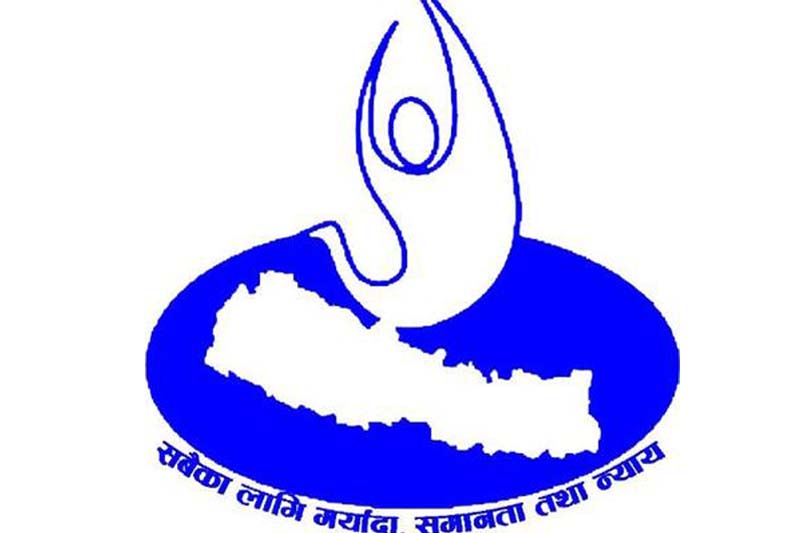Rights activists urge govt to sign OPCAT
Kathmandu, May 20
Human rights activists want the government to sign the United Nations Optional Protocol to the Convention against Torture to enable an independent body to effectively monitor rights compliance in jails and detention centres across the country. This, they say, will deter law enforcement officers from torturing detainees and inmates.
Article 1 of OPCAT provisions regular visits by independent international and national bodies to jails and detention centres to prevent torture and other cruel, inhuman or degrading treatment or punishment.
Signing OPCAT will place a moral obligation on the government to form an independent mechanism to monitor rights compliance in jails and detention centres across the country.
Programme Manager of Advocacy Forum-Nepal Bikash Basnet said, “Nepal is a member of the UN Human Rights Committee and can question other countries’ human rights compliance. If the government does not sign OPCAT, its commitment to human rights may be questioned.” Basnet added, “Nepal Police had allowed us to monitor jails and detention centres, but after we filed cases against some police officers who had violated detainees’ human rights and as some foreign embassies put those officers in the vetting list, the NP denied us access to detention centres.”
He said detainees had the right to hold confidential consultation with their lawyers, but there was hardly any detention centre that complied with this provision. He said the 2016 torture report prepared by his office stated that around 16 per cent detainees had alleged that police tortured them.
Human Rights lawyer Mohan Kumar Karna said signing OPCAT could ensure independent and effective monitoring of detention centres as both government and private sector representatives could be represented in such a mechanism. “The government has to ensure no detainee or inmate is tortured or subjected to ill-treatment. All reports of UN human rights related committees have told the government to effectively monitor jails and detention centres,” Karna said.
Joint-secretary at the Prime Minister’s Office Kaushal Chandra Subedi, who heads the Human Rights and International Treaties Bureau, however, said the government had no plan to sign OPCAT as there were already two authorities — Office of the Attorney General and National Human Rights Commission — monitoring jails and detention centres. “I don’t think the government needs to form another mechanism. As far as I know, OPCAT provisions are for counties where independent bodies do not exist.






